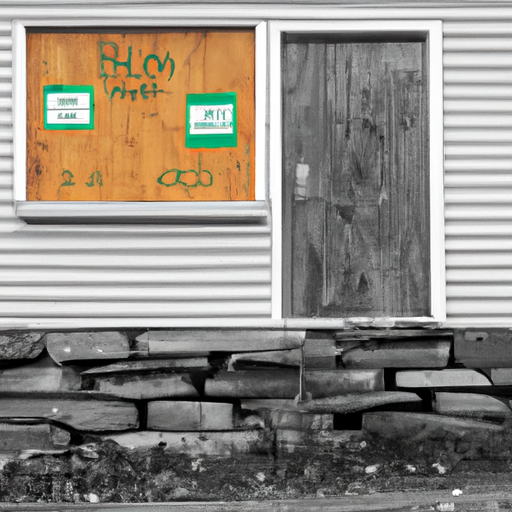The Unseen Impact of the Opioid Crisis on Small Town Nova Scotia
Our continuous review of the evolving news about the opioid crisis in Canada has led us to a poignant piece published by CityNews Halifax that sheds light on how this public health crisis is impacting small towns in Nova Scotia. It is more than just a health issue; it is a societal problem that stretches its tentacles into various aspects of community life, including crime rates, homelessness, and small businesses. These areas, so often ignored in the larger conversation, are integral to understanding and addressing the roots and impacts of the opioid crisis.
Effects of the Opioid Crisis
Crime Rates and Small Businesses
One consequence of the opioid crisis that isn’t frequently highlighted is its impact on crime rates. As the crisis deepens, substance-related crimes, mainly petty thefts, burglaries, and assaults are on the rise. As the article details, small businesses in these towns are dealing with increasing incidents of shoplifting and break-ins, raising safety concerns and even posing existential threats to some struggling businesses.
Homelessness
A second-order effect of the opioid crisis is its link to rising homelessness rates. Those battling opioid addiction often face circumstances that lead them to lose their homes. Limited resources for substance misuse treatment and mental health services, job loss, and the breakdown of family and community supports are among the factors that contribute to these individuals ending up on the streets. The cycle then perpetuates itself: living on the streets exacerbates health issues – including opioid addiction – making it even harder for these individuals to break free from homelessness.
Countermeasures in Place
As heartbreaking as this issue is, it’s important to note that various measures are being taken to address the opioid crisis in these towns, as highlighted in the article:
- Continued distribution and use of Naloxone kits, which can reverse the effects of opioid overdose and save lives.
- Efforts by local police departments and clinics to increase their focus on outreach to homeless individuals struggling with opioid addiction. These efforts often involve offering resources and support to help them access the services they need.
- Pursuing the possibility of a province-wide opioid class action lawsuit, following the footsteps of British Columbia. This could help to support broader systemic changes and increase the accountability of opioid manufacturers and distributors.
Key Takeaways
It’s important to remember that the opioid crisis in Canada is more than just a headline. It is a devastating reality faced by many small-town communities on a daily basis. The ripple effects are varied and widespread, affecting crime rates, small businesses, and the rate of homelessness among other things.
However, on a more hopeful note, there are substantial efforts underway to tackle the crisis head-on. The distribution of Naloxone, increased outreach to the homeless community, and the potential opioid class action provide examples of the many strategies being employed. As we continue to monitor the situation, we hope to see further progress, more resources, and ultimately, a robust, comprehensive approach to addressing the Canadian opioid crisis, particularly in these vulnerable small towns.
